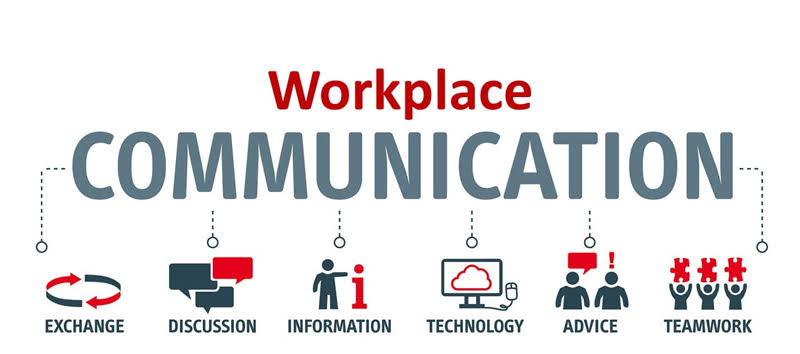A guide for managers and team leaders
Effective communication is crucial for any organization, as it can positively impact employee engagement, productivity, and overall success. As a manager or team leader, it’s your responsibility to promote and facilitate effective communication in the workplace.
Here are some tips to help you achieve this goal:
- Encourage open communication: Create a culture that values and encourages open communication. Encourage employees to share their ideas, thoughts, and concerns freely. Foster an environment where people feel comfortable expressing themselves without fear of judgment or retribution.
- Listen actively: Encourage your team to listen actively to one another. Model active listening behavior by paying attention to what others are saying, asking questions to clarify, and summarizing what you’ve heard.
- Use multiple communication channels: Not everyone communicates in the same way. Some people prefer face-to-face interactions, while others may prefer email or instant messaging. Use a variety of communication channels to ensure that everyone has a chance to participate and communicate in a way that works for them.
- Provide feedback: Regularly provide feedback to your team on their communication skills, both positive and negative. Encourage them to do the same for one another.
- Set clear expectations: Make sure everyone knows what’s expected of them in terms of communication. Set clear guidelines for how often team members should communicate, what they should communicate about, and how they should communicate.
- Lead by example: As a manager or team leader, you set the tone for communication in the workplace. Be open, honest, and transparent in your communication with your team.
In conclusion, effective communication is very critical for the success of any organization. By following these tips, you can create a communication-friendly environment that fosters collaboration, productivity, and success.






